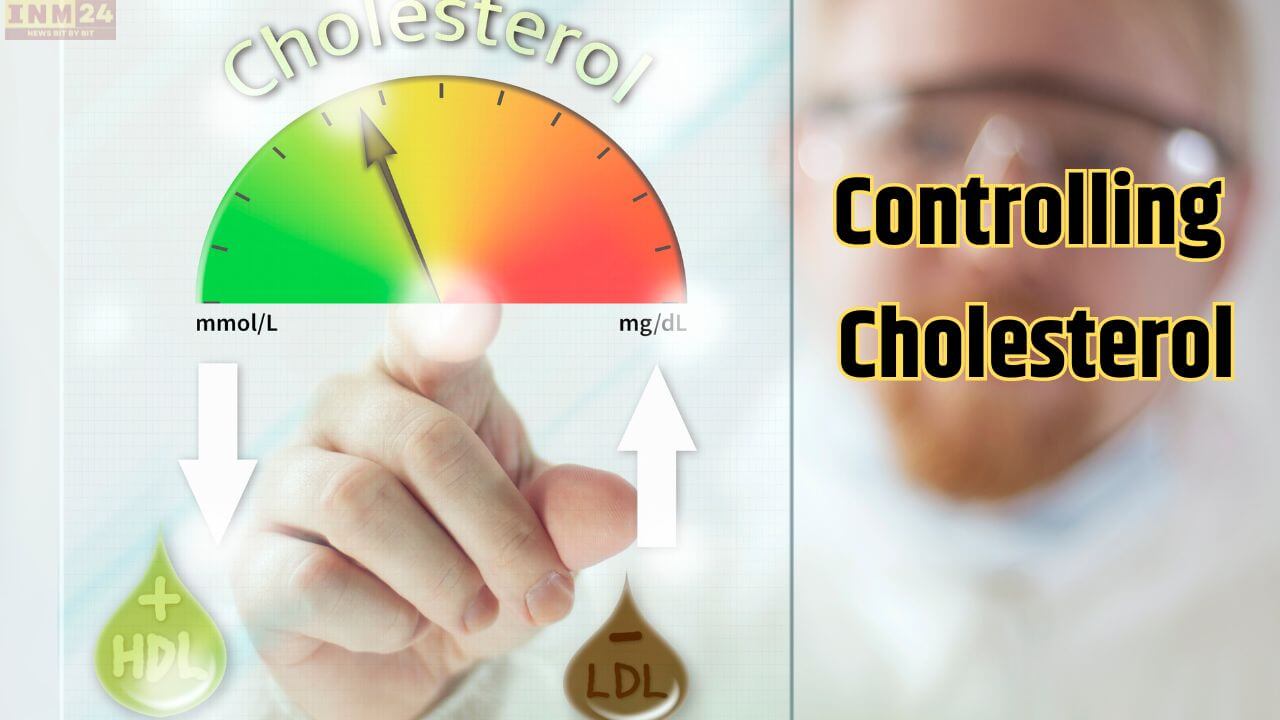Cholesterol accumulation can lead to heart disease, as high cholesterol blocks veins and restricts blood supply to the heart. Several habits contribute to the buildup of unhealthy cholesterol in the blood, aside from a busy lifestyle and lack of exercise. The impact of elevated cholesterol levels extends beyond the heart to affect the liver and blood pressure.
Increased cholesterol levels pose a serious threat to heart health as they cause the narrowing of blood vessels, leading to restricted blood flow to the heart.
High cholesterol levels can be a precursor to various heart-related problems and have become a significant health concern. Cholesterol, a lipid substance, can accumulate in arteries, causing blockages and impeding blood circulation. This can increase the risk of heart disease and stroke.
Understanding how cholesterol levels rise is crucial to managing and preventing cardiovascular issues. Here are some habits that contribute to elevated cholesterol levels:
Dietary Choices
Consuming foods high in saturated and trans fats can elevate cholesterol levels. Animal products like cheese, processed meats, and dairy desserts, as well as tropical oils like palm oil, are sources of saturated fats. Foods rich in saturated fats often contain high levels of cholesterol.
Sodium and Sugar Intake
Opt for foods low in sodium (salt) and sugar. Include seafood, low-fat dairy, whole grains, fruits, and vegetables in your diet.
Smoking
Smoking damages blood vessels, increasing the risk of cholesterol buildup. Quitting smoking can significantly reduce the risk of heart disease.
Alcohol Consumption
Excessive alcohol consumption can elevate cholesterol levels and triglycerides, a type of blood fat. Limit alcohol intake to mitigate these risks.
Controlling cholesterol levels through lifestyle modifications and a balanced diet can lower the risk of heart disease and stroke. By making healthier choices, individuals can maintain optimal cholesterol levels and promote overall cardiovascular health.
